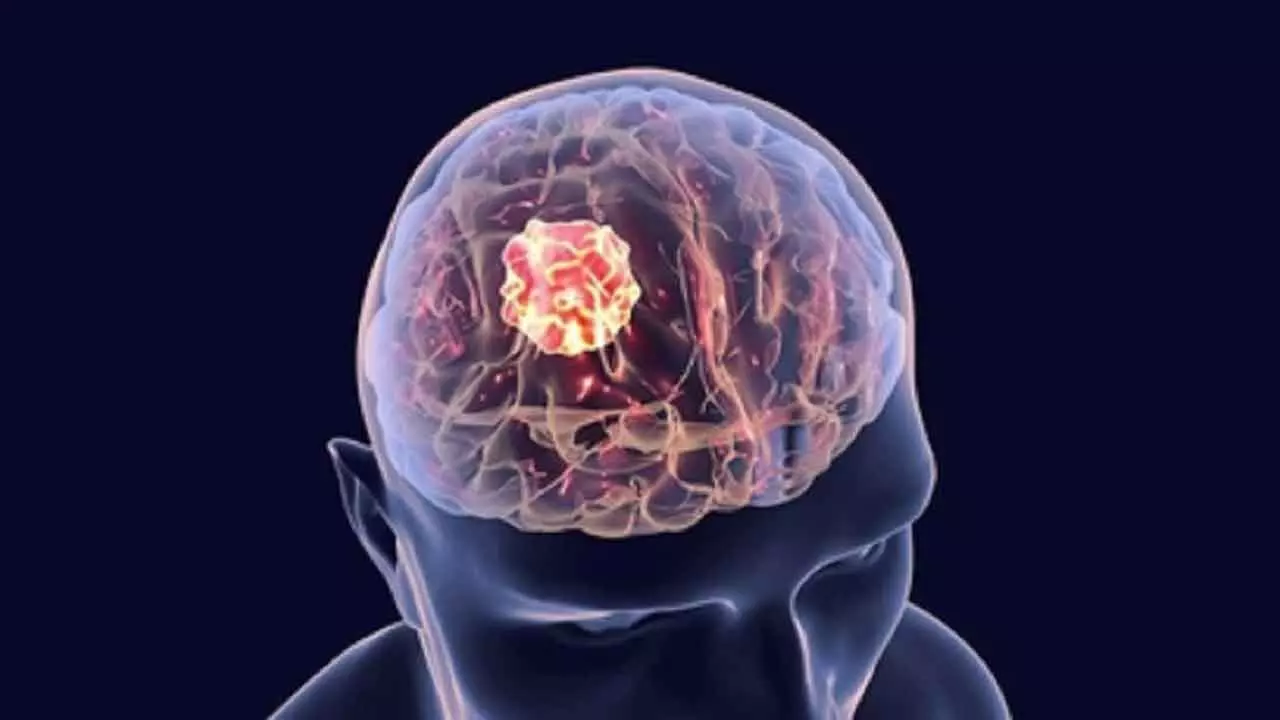AI Tool Developed To Decode Cell Responses To Drugs
The tool could accelerate drug development and improve disease understanding
AI Tool Developed To Decode Cell Responses To Drugs

Jerusalem: Israeli researchers have developed scNET -- an AI tool that analyses how cells behave in changing biological environments, including their reactions to drug treatments.
Unlike current sequencing technologies, scNET cuts through the data noise to reveal hidden biological patterns by combining single-cell gene data with gene interaction networks, said the team from the Tel Aviv University, Xinhua news agency reported.
In tests focused on immune T cells, which are crucial for fighting cancer, scNET detected how cancer treatments boosted the cells' ability to kill tumours -- a subtle effect previously masked by data noise, it said.
“scNET integrates single-cell sequencing data with networks that describe possible gene interactions, much like a social network, providing a map of how different genes might influence and interact with each other,” said Ron Sheinin, a doctoral student at the varsity.
“scNET enables more accurate identification of existing cell populations in the sample. Thus, it is possible to investigate the common behaviour of genes under different conditions and to expose the complex mechanisms that characterise the healthy state or response to treatments,” Sheinin added.
In the study, the team focused on a population of T cells.
“scNET revealed the effects of treatments on these T cells and how they became more active in their cytotoxic activity against the tumour, something that was not possible to discover before due to the high level of noise in the original data,” said the researchers in the paper published in the journal Nature.

